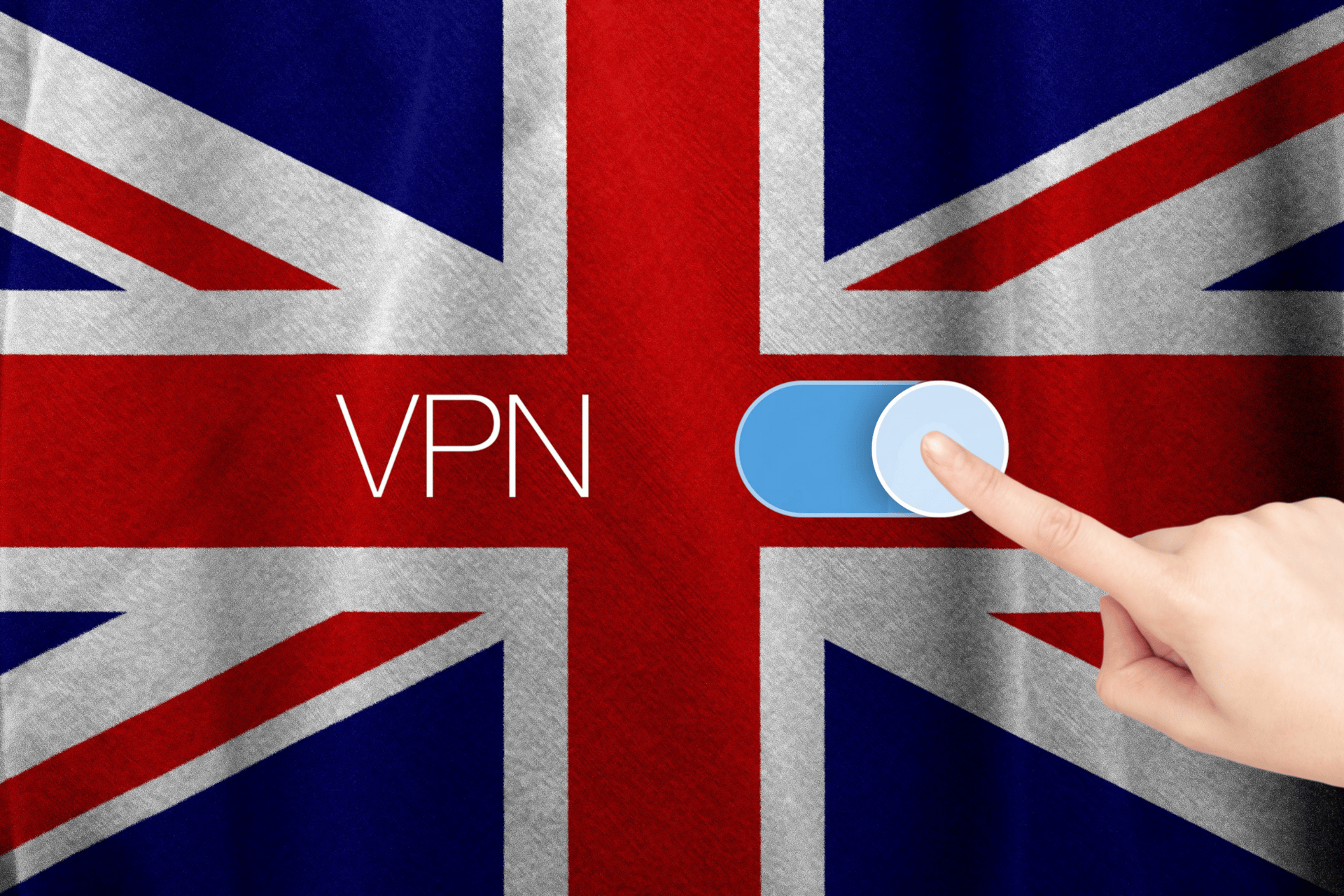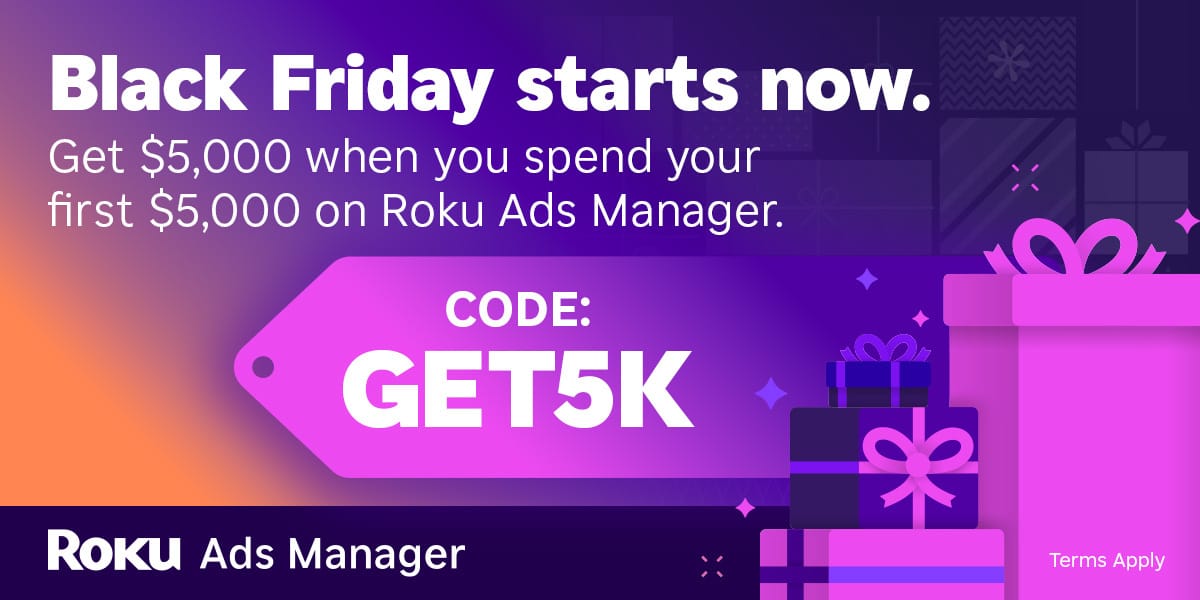
US unleashes widespread tariffs overnight

NextGen News
Wake up and smell the tariffs, because they’re back and bigger than ever. On Wednesday, President Trump announced a series of tariff updates as a part of his administration’s broader trade agenda. The changes went into effect shortly after midnight, with most countries seeing new rates ranging from 15% to 20%.
What’s changed?
Countries that have already signed deals, including the UK and EU, South Korea, Vietnam, Indonesia, Pakistan, the Philippines, and Japan, face reduced tariffs ranging between 15% and 20%.
Why do they get a better deal?
Mainly because they all committed to buying US energy, making large investments, or avoiding counter-tariffs.
For example, South Korea’s deal includes a $350 billion investment pledge and $100 billion in energy purchases to avoid a higher tariff.
Several countries, including China, Canada, Brazil, India, and Taiwan, did not sign trade deals. China’s 30% tariffs start August 12, Taiwan faces a 32% tariff, Canada risks 35% on certain goods, and small nations like Lesotho and Madagascar could be hit with 50%.
It could alter the economic landscape
The aggressive shift in US trade policy has the potential to reshape global markets (even by the time you’re reading this) through some of its other changes as well:
India is set to face 25% tariffs along with a penalty tied to its Russian oil purchases, while Brazil will be hit with 50% tariffs starting next week.
Additionally, a 50% tariff was placed on imported copper pipes, wires, and other finished copper products to help boost US manufacturing.
The latter inclusion sparked a copper crisis as copper futures in the US fell a record 22% in a single day as the market realized the tariffs didn’t cover raw copper, which many had stockpiled, expecting bigger restrictions.
Looking ahead: Economists estimate the new policies will push the average effective tariff rate to 18.4%, a level not seen since the early 1930s. Prices on consumer goods like clothing and shoes are expected to surge roughly 40% in the coming months.

Boeing is slowly salvaging its reputation

Getty Images
The one comeback arc we didn’t really expect. Boeing reported an impressive 35% year-over-year increase in revenue on Tuesday, reversing the nosedive it has experienced over the past two years.
Flying high
After facing countless controversies, scandals, and profit losses, Boeing is officially in its “turnaround year,” according to CEO Kelly Ortberg.
In its latest financial report released earlier this week, the airliner announced it made over $22.75 billion last quarter. That’s a 35% spike from the same quarter a year earlier. But that’s not all Boeing had to boast:
The planemaker slashed its net losses to $614 million, down from $1.4 billion the same time last year.
It also posted roughly $200 million in positive operating and free cash flow after consistently bleeding cash last year.
How did they do it? The main driver of growth was commercial jet deliveries, which climbed 63% year-over-year to 150 aircraft, driving an 81% jump in airplane revenue to $10.9 billion.
Not to mention, its Defense, Space & Security division saw a 10% increase to $6.6 billion, while business services also grew 8% to $5.3 billion.
The report defied analyst expectations and finally put Boeing into a (somewhat) comfortable position. However, the airliner has a sizable backlog of orders that could make or break its so-called “turnaround year.”
Calling Mayday
While business is booming for Boeing, a behemoth backlog could be a ballooning burden if put on the back burner (how was that for a tongue twister):
The company's total backlog has grown to $619 billion, with more than 5,900 commercial aircraft orders waiting in the hangar.
How do they capitalize on it? To convert the backlog into additional revenue, the airliner first needs the FAA to certify more of its plane models. Unfortunately for Boeing, the timeline for getting the 737 Max 7 and Max 10 cleared has slipped from this year to 2026, extending the wait for critical deliveries even further.

VPN use surges in UK after Online Safety Act takes effect

NextGen News
The youth will always find a way. Over the past week, VPN app downloads spiked in the UK, as many young users used them to bypass new age-verification requirements brought on by the Online Safety Act.
Content blocked
After the UK’s Online Safety Act took effect last Friday, websites and apps with content that is considered inappropriate—including PornHub, Reddit, and even Wikipedia—now require age verification checks to access their content.
The law is designed to protect anyone who is under 18 from consuming inappropriate content, but the way it’s enforced presents a sizeable security risk:
Certain sites are asking users to provide selfies, scans of government IDs, or even financial documentation to prove their age.
Privacy experts immediately raised alarms, highlighting the potential privacy and security risks that come with gathering excessive data, government surveillance, and data breaches. There’s a historical precedent:
The recent leak of 72,000 images of women from the Tea app, which required photo verification via ID.
The 2024 breach of an age verification provider used by TikTok, Uber, and X exposed users’ personal data to hackers.
The whole situation has young people across the UK freaking out for a variety of reasons, but mostly because they can’t browse their favorite websites. So, as kids do, they found a way around it.
Rise of the VPN’s
To protect their data and to get around the newly implemented Online Safety Act, minors across the UK started downloading VPNs, which disguise your IP address to make websites think you’re located in another country.
Now, they dominate the top charts in the App Store:
Proton VPN became the UK’s most-downloaded free app, with signups jumping 1,800%, while Nord VPN experienced a 1,000% jump in subscribers.
As of writing, VPNs make up half of the UK’s top ten free apps on Apple’s App Store.
Some are avoiding VPNs altogether: Users quickly figured out that most of the systems are, well, inconsistent at best. Minors were able to bypass Reddit and Discord’s age verification checks by using detailed faces from video games like Garry’s Mod and Death Stranding (see video).
In partnership with Roku
Find your customers on Roku this Black Friday
As with any digital ad campaign, the important thing is to reach streaming audiences who will convert. To that end, Roku’s self-service Ads Manager stands ready with powerful segmentation and targeting options. After all, you know your customers, and we know our streaming audience.
Worried it’s too late to spin up new Black Friday creative? With Roku Ads Manager, you can easily import and augment existing creative assets from your social channels. We also have AI-assisted upscaling, so every ad is primed for CTV.
Once you’ve done this, then you can easily set up A/B tests to flight different creative variants and Black Friday offers. If you’re a Shopify brand, you can even run shoppable ads directly on-screen so viewers can purchase with just a click of their Roku remote.
Bonus: we’re gifting you $5K in ad credits when you spend your first $5K on Roku Ads Manager. Just sign up and use code GET5K. Terms apply.

China is offering $500 per child to boost its falling birth rate

NextGen News
So, if I have 2,000 kids, I’ll be a millionaire? China rolled out its first-ever national childcare subsidy, pledging $500 per year for each child under three, according to state-sponsored media sources.
Infant incentive
Days after the US announced its fertility rate reached a historic low (see previous article), China revealed a proposition of its own to help with faltering birth rates… paying people to have kids.
Policymakers fear that shrinking demographics could strain the labor force, reduce economic growth, and jeopardize future social welfare systems. The cash payouts are intended to act as a birth incentive, hoping to reverse a population slump that’s putting its economic future in unreliable hands:
Annual births have nearly halved since 2016, the year it ended its long-standing one-child policy.
China’s fertility rate has fallen sharply, from 2.51 children per woman in 1990 to just 1.01 in 2024—one of the lowest rates in the world and far below the 2.1 replacement rate required to maintain population levels.
While the program is expected to support 20 million families across the nation, experts argue that without prominent incentives like affordable childcare, extended parental leave, and housing support, it won’t help much.
It’s a worldwide problem: Two-thirds of the world now lives in countries with birth rates below the replacement level, including Japan, South Korea, and the US (see chart). To counter declining fertility, the Trump administration recently floated a $5,000 “baby bonus,” while a new Republican tax bill funds a $1,000 investment account for children born through 2028.

OpenAI wants ChatGPT to be your new teacher

NextGen News
We’ve officially gone full circle. This week, OpenAI rolled out Study Mode, a chatbot feature designed to teach users by holding back answers until they work through problems themselves.
Anti-cheat engine
Since its debut, some people (particularly students) have viewed ChatGPT as a shortcut for cheating, a practice that studies warn can weaken critical thinking skills.
So, in an attempt to polish its reputation, OpenAI is joining others in the AI education space using Study Mode:
Study Mode uses Socratic questioning, skill-level calibration, scaffolded explanations, and knowledge checks to guide users through learning.
It also adjusts lessons based on what you've learned before, helping pin down key concepts into step-by-step sections.
According to the AI giant, the mode was developed with input from educators and learning scientists, using evidence-based techniques like reflection and curiosity to improve how users learn.
That sounds great, but… what’s stopping people from using normal ChatGPT and cheating? Well, quite literally nothing. Users can easily toggle it off, and there are currently no parental or admin controls to enforce its use.
Its success hinges on motivation: Whether students use it as a simple answer engine or as a tool for learning remains to be seen, but regardless, there is a clear demand for AI teaching services. OpenAI’s Study Mode enters a space held by platforms like Khanmigo, Khan Academy’s AI tutor, which had 700,000 US users last school year alone.
How did you like today's newsletter?
FAST FACTS
Catch up on this week’s weird news

GIF via GIPHY
‘Merica Millionaires: About 1 in 10 US adults are now millionaires, a milestone reached through rising home values, stock investments, and inflation, though most still live modestly and view the status more as security than luxury.
Accidental Alcohol: Several shipments of High Noon vodka selters were accidentally labeled as Celsius energy drinks (which do not contain alcohol), prompting a nationwide recall. That would make for an interesting morning.
Rare Rule: Senate Democrats invoked a rarely used “Rule of Five” law to force the Department of Justice and FBI to release all files related to the Jeffrey Epstein case.
Quake Question: The massive magnitude‑8.8 earthquake that struck off Russia’s east coast earlier this week is the sixth strongest ever recorded, but meraculously, there were no deaths, major injuries, or extensive damage reported.
Interesting Entanglement: Katy Perry and former Canadian Prime Minister Justin Trudeau were spotted dining together in Montreal this week, raising speculation just weeks after both ended long-term relationships.







